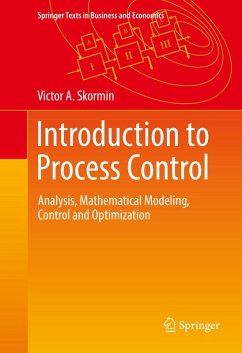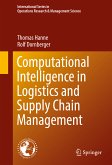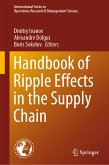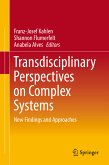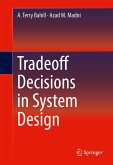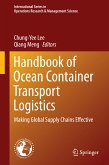- Relevant mathematical methods, including random events, variables and processes, and their characteristics; estimation and confidence intervals; Bayes applications; correlation and regression analysis; statistical cluster analysis; and singular value decomposition for classification applications.
- Mathematical description of manufacturing processes, including static and dynamic models; model validation; confidence intervals for model parameters; principal component analysis; conventional and recursive least squares procedures; nonlinear least squares; and continuous-time, discrete-time, s-domain and Z-domain models.
- Control of manufacturing processes, including transfer function/transfer matrix models; state-variable models; methods of discrete-time classical control; state variable discrete-time control; state observers/estimators in control systems; methods of decoupling control; and methods of adaptive control.
- Methods and applications of system optimization, including unconstrained and constrained optimization; analytical and numerical optimization procedures; use of penalty functions; methods of linear programming; gradient methods; direct search methods; genetic optimization; methods and applications of dynamic programming; and applications to estimation, design, control, and planning.
Dieser Download kann aus rechtlichen Gründen nur mit Rechnungsadresse in A, B, BG, CY, CZ, D, DK, EW, E, FIN, F, GR, HR, H, IRL, I, LT, L, LR, M, NL, PL, P, R, S, SLO, SK ausgeliefert werden.

